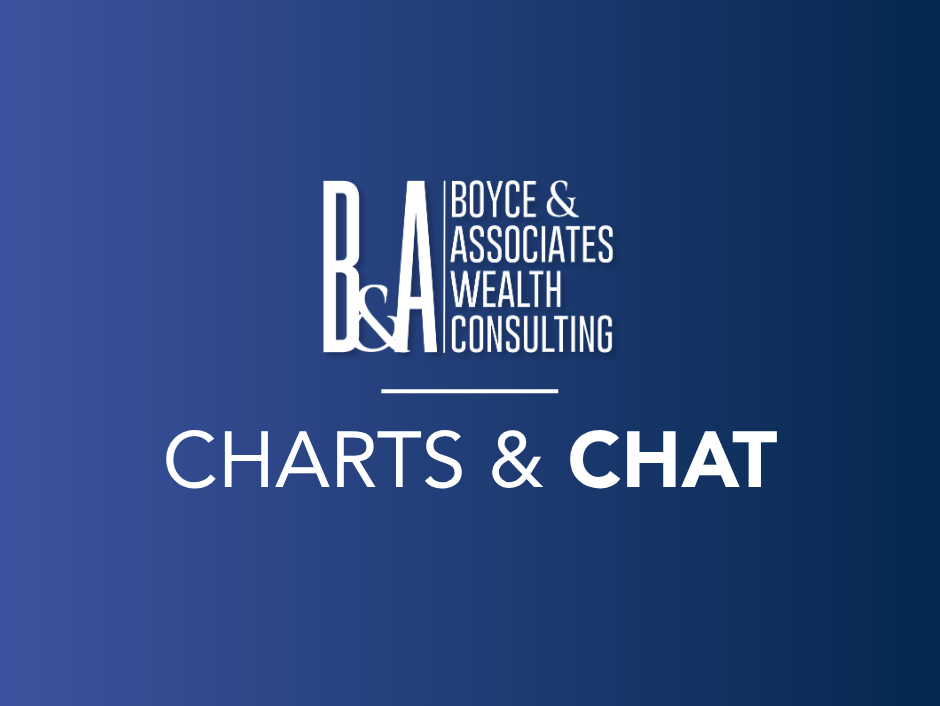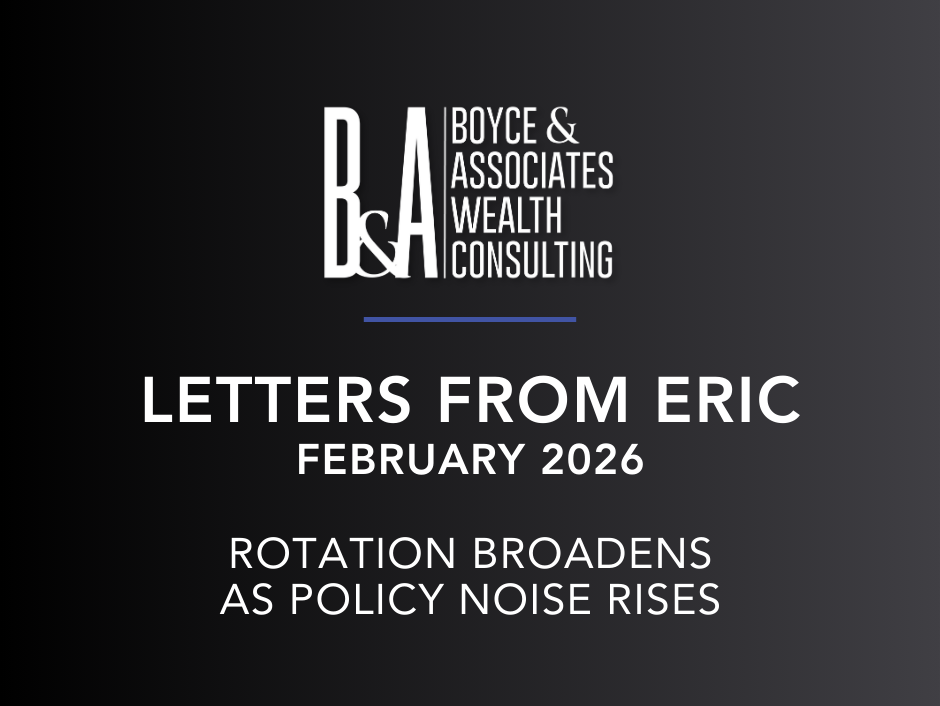What Is A Wealth Manager And What Exactly Do They Do?
Key Takeaways:
- A wealth manager provides extended financial services beyond just investment advice, including estate planning, tax strategies, and risk management.
- Hiring a wealth manager can save time, provide expert guidance, and offer access to exclusive investment opportunities.
- Generally, individuals with $1 million or more in investable assets benefit most from wealth management, though some firms accept clients with less.
- The key difference between a financial advisor and a wealth manager is the scope of services—wealth managers offer broader and more personalized financial planning.
- If your financial situation is complex or growing, consulting a wealth management firm can help you secure and maximize your wealth for the future.
In the grand scheme of financial planning, the term "wealth manager" may sound like a fancy title for someone who counts your money while sipping a macchiato in a high-rise office. But in reality, their job is far more intricate and—fortunately—far more useful. If you've ever found yourself wondering, "Do I need a wealth manager?" or "What do these people even do?" you're not alone. Let’s break it all down so you can make an informed decision about whether wealth management is something that fits your financial future.
What is a Wealth Manager?
A wealth manager is a professional that specializes in comprehensive financial services for Ultra-High-Net-Worth Individuals (UHNWIs). Their role extends beyond basic investment advice; they are more comprehensive in their approach to wealth management, including estate planning, tax strategies, risk management, retirement planning, and even philanthropic endeavors.
Think of a wealth manager as the quarterback of your financial team. They coordinate different aspects of your financial life to ensure everything runs smoothly, minimizing risks while maximizing gains. Instead of offering one-off advice, wealth managers take a long-term approach to growing and preserving wealth.
Paying for Wealth Management
Wealth managers get paid in a variety of ways, and it's crucial to understand their compensation structure as it can influence their recommendations and potential conflicts of interest. Here are the most common methods:
- Fee-Only: This is generally considered the most transparent and client-friendly model. Fee-only advisors are compensated solely by fees paid directly by the client. These fees can be:
- Assets Under Management (AUM) Fees: A percentage of the total assets they manage for you (e.g., 1% annually). This is the most common fee structure.
- Hourly Fees: Charged for consultations or specific projects.
- Fixed Fees: A flat fee for a defined set of services.
- Retainer Fees: A regular fee (monthly or quarterly) for ongoing services. Fee-only advisors are
fiduciaries, legally obligated to act in your best interest.
- Commission-Based: Commission-based advisors earn money by selling financial products, such as insurance, mutual funds, or annuities. They receive a commission on each sale. This model can create conflicts of interest, as the advisor may be incentivized to recommend products that generate the highest commission, rather than those that are best for the client.
- Fee-Based (or Fee-and-Commission): This is a hybrid model where advisors can charge fees
and earn commissions. They might charge an AUM fee
and receive commissions on certain products they sell. While not inherently bad, this model requires careful scrutiny to ensure recommendations are truly in your best interest and not driven by commission potential. Transparency is critical here.
- Salary Plus Bonus: Some wealth managers, particularly those working for larger financial institutions, may receive a salary plus a bonus based on performance or sales targets. This can also create potential conflicts of interest.
Pros and Cons of Hiring a Wealth Manager
Like all financial decisions, hiring a wealth manager comes with both benefits and drawbacks. Here’s what you need to consider:
Pros:
- Expert Guidance: Wealth managers can help you navigate investments, tax laws, and estate planning with confidence.
- Holistic Planning: Unlike standard financial advisors who may focus solely on investment portfolios, wealth managers provide an integrated approach to wealth preservation and growth.
- Time Savings: Managing wealth effectively requires time and effort. A wealth manager handles the heavy lifting, allowing you to focus on your career, family, or leisure.
- Access to Exclusive Opportunities: Many wealth managers have connections to private investments, alternative assets, and specialized financial products that aren’t available to the general public.
Cons:
- Cost: Quality comes at a price. Wealth managers typically charge a percentage of assets under management (AUM), often around 1%, or may have a high minimum fee.
- Not Always Necessary:
If your finances are straightforward, you may not need a wealth manager. A financial advisor or self-directed investment strategy might be enough for you.
- Potential Conflicts of Interest: Some wealth managers receive commissions for recommending certain financial products, so it’s important to work with a fiduciary who prioritizes your best interests.
At What Income Level Would I Need To Hire A Wealth Manager?
If you're making a six-figure salary and wondering whether a wealth manager is necessary, the answer is: it depends.
While there’s no universal threshold, most wealth management firms cater to individuals with at least $1 million in investable assets. That being said, some firms offer services for those with as little as $250,000 in assets, while others won’t consider clients with less than $5 million.
A good rule of thumb is to assess the complexity of your financial situation. If you have multiple income streams, real estate holdings, or significant tax planning needs, hiring a wealth manager could be a smart move—even if you haven’t hit the million-dollar mark just yet.
Likewise, if you're approaching retirement with substantial savings or need help structuring your estate, a wealth manager can be an invaluable asset.
Differences Between Financial Advisor And Wealth Manager
It’s easy to confuse financial advisors with wealth managers, but they serve different roles. Here’s how they stack up:
- Scope of Services:
Financial advisors primarily focus on investments, retirement planning, and budgeting. Wealth managers take a broader approach, covering estate planning, tax optimization, risk management, and even philanthropic strategies.
- Clientele: Financial advisors typically serve a wide range of clients, from middle-income earners to millionaires. Wealth managers, on the other hand, cater almost exclusively to high-net-worth and ultra-high-net-worth individuals.
- Fee Structure: Financial advisors may charge a flat fee, hourly rate, or a commission on investment products. Wealth managers usually work on an AUM-based fee, meaning they earn a percentage of the assets they manage for you.
- Level of Personalization: Financial advisors often provide standardized investment strategies, while wealth managers offer highly tailored, concierge-like financial services.
So, do you need a wealth manager? If your financial situation is relatively straightforward, a traditional financial advisor may suffice. However, if you're dealing with substantial wealth, complex investments, and long-term legacy planning, a wealth manager can provide the strategic oversight needed to safeguard and grow your assets.
Ultimately, the decision boils down to your financial goals, the complexity of your assets, and how much hands-on management you want. If you're still unsure, scheduling a consultation with a wealth management firm like Boyce & Associates Wealth Consulting is a great first step.
Because when it comes to your financial future, professional guidance is never a bad investment. Visit our website or give us a call at
FAQ
Should my Wealth Manager have certain credentials?
Yes, your wealth manager should absolutely have certain credentials. While experience is valuable, credentials demonstrate a baseline level of knowledge, professionalism, and ethical commitment. They also often come with continuing education requirements, ensuring your advisor stays up-to-date on industry changes. Here's why credentials matter and some key ones to look for:
Why Credentials Matter:
- Demonstrated Knowledge: Credentials signify that the advisor has passed rigorous exams and met specific educational requirements, proving their understanding of financial planning concepts, investment strategies, regulations, and more.
- Ethical Standards: Many credentials require adherence to a code of ethics, holding advisors accountable for acting in their clients' best interests.
- Professionalism: The pursuit and maintenance of credentials demonstrate a commitment to professional development and staying current in the field.
- Client Trust: Seeing recognized credentials can build trust and confidence in your advisor's abilities.
Regulatory Compliance: While not a credential in itself, some roles within wealth management require certain registrations and licenses (like the Series 7 or Series 65), overseen by regulatory bodies like FINRA and the SEC. These are essential.
When is Too Early to Hire a Wealth Manager?
Hiring a wealth manager too early can be detrimental to your financial health. Generally, it's too early if you lack the financial complexity that warrants professional management. This often means having relatively simple finances with limited investment assets, straightforward income streams, and no immediate need for complex financial planning, such as estate planning or intricate tax strategies.
If your financial situation primarily involves managing a basic budget, paying down debt, and contributing to standard retirement accounts like 401(k)s or IRAs, you likely don't need a wealth manager just yet.
Which payment model is best?
Many people consider fee-only compensation to be the most objective and transparent, as it minimizes potential conflicts of interest. However, each model has potential pros and cons. The most important thing is to fully understand how your wealth manager is compensated and ask detailed questions about any potential conflicts of interest. Don't hesitate to ask:
- "How are you compensated?"
- "What are your fees?"
- "Do you receive any commissions?"
- "What are your potential conflicts of interest?"
- "Are you a fiduciary?"
A good wealth manager will be transparent and upfront about their compensation structure. If they are not, that's a red flag. Choose a wealth manager whose compensation model aligns with your values and priorities, and always prioritize transparency and open communication.
Investment advisory services offered through Boyce & Associates Wealth Consulting, Inc., a registered investment adviser. Boyce & Associates Wealth Consulting, Inc. has Representatives Licensed to sell Life Insurance in TX and other states. Forward looking statements, estimates, and certain information contained herein are based upon proprietary and non-proprietary research and other sources. Information contained herein has been obtained from sources believed to be reliable but are not assured as to accuracy. Past performance is not indicative of future results. There is neither representation nor warranty as to the current accuracy of, nor liability for, decisions based on such information.
Risks: All investments, including stocks, bonds, commodities, alternative investments and real assets involve a risk of loss. All investors are advised to fully understand all risks associated with any kind of investing they choose to do. Hypothetical or simulated performance is not indicative of future results.










